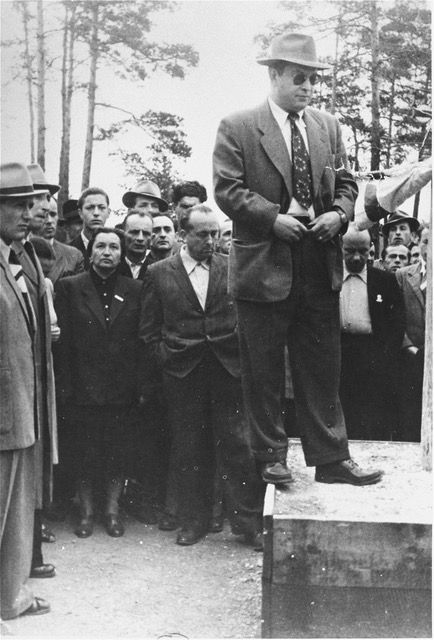Robert Jay Lifton May 16, 1926 – September 4, 2025
- Phyllis Lee
- Sep 12, 2025
- 2 min read
Updated: Sep 15, 2025

There are certain titans among us, and when they pass away, we are left facing an immeasurable void. Dr. Robert Jay Lifton - a psychiatrist and public intellectual who immersed himself deeply in an exploration of the human capacity for evil as well as for resilience against evil - was one such person. In his many works, he investigated how survivors of Hiroshima, Vietnam veterans and Holocaust survivors alike wrestled with trauma and memory. His concepts of "survivor guilt," "PTSD" and "malignant normality" are well-embedded in current discourse across a wide range of disciplines.
I was greatly honored to attend some of the Wellfleet meetings Lifton ran in Massachusetts and New York. These intense exchanges, no matter how deeply they delved into difficult issues, always ended on a note of hope. His favorite line at the end of talks was from the poet Theodore Roethke, “In a dark time, the eye begins to see.”
In a private conversation, I shared with Dr. Lifton my background as a daughter of Jewish survivors from Poland. I noted that many popular depictions of survivors showed them as two-dimensional: victims or resistors. Very few showed them in their full complexity. Mot Holocaust stories also tended to end at liberation, and so never really explored how survivors began to put together the fragmented pieces of their lives after the war. My parents, like many others, met and fell in love in a Jewish displaced persons camp in occupied Germany, where they found themselves for the first and only time in their lives after the war in a community of others who understood them.
Lifton spoke to me about his friendship with Primo Levi, and about the insights he gained in speaking with survivors, his contemporaries. In his memoir, Witness to an Extreme Century, Lifton wrote about his encounters with Jewish medical doctors who survived Auschwitz: "Inevitably, during talks with people like Dr. V and Dr. T, I imagined myself in their situation in Auschwitz. It was uncomfortable for me to do so because I could not convince myself that I would have displayed the courage and resilience of either of them. But I was certain that they had revealed much to me about the mysterious human capacity for healing."
Dr. Lifton generously agreed to share his insights on camera about this mystery of healing, a central theme of our documentary. His advice to me as a filmmaker has been invaluable. Our work in progress gains so much from the wisdom and insights of this extraordinary man.
May his memory be for a blessing.




Comments